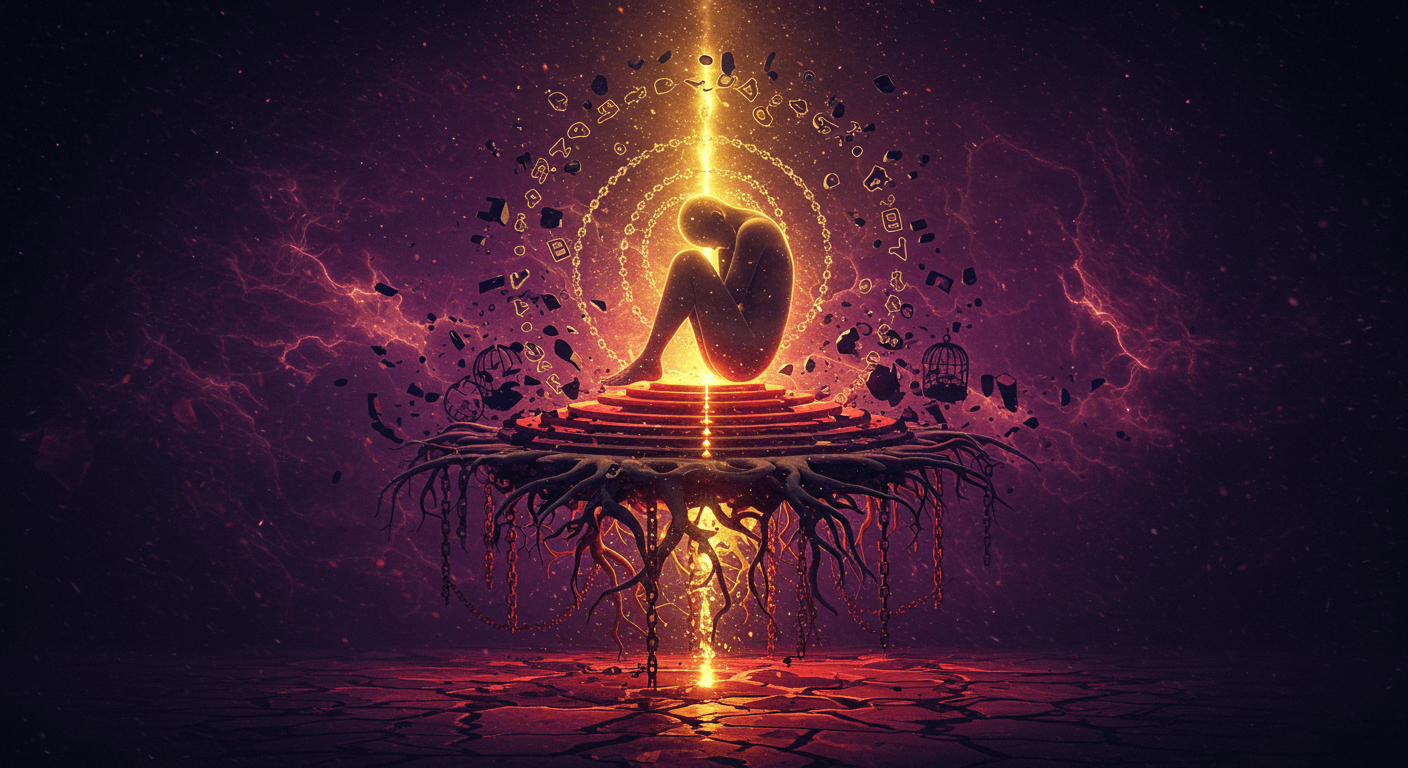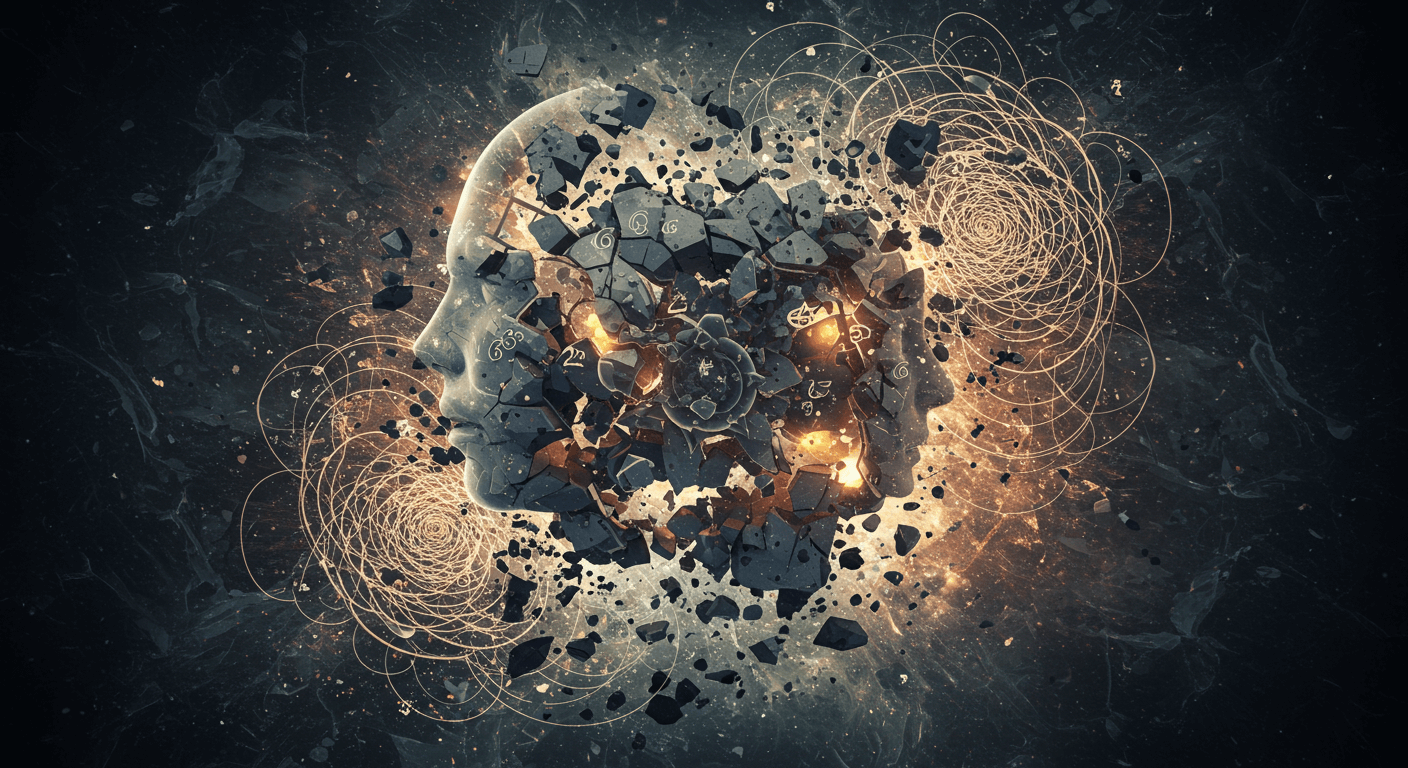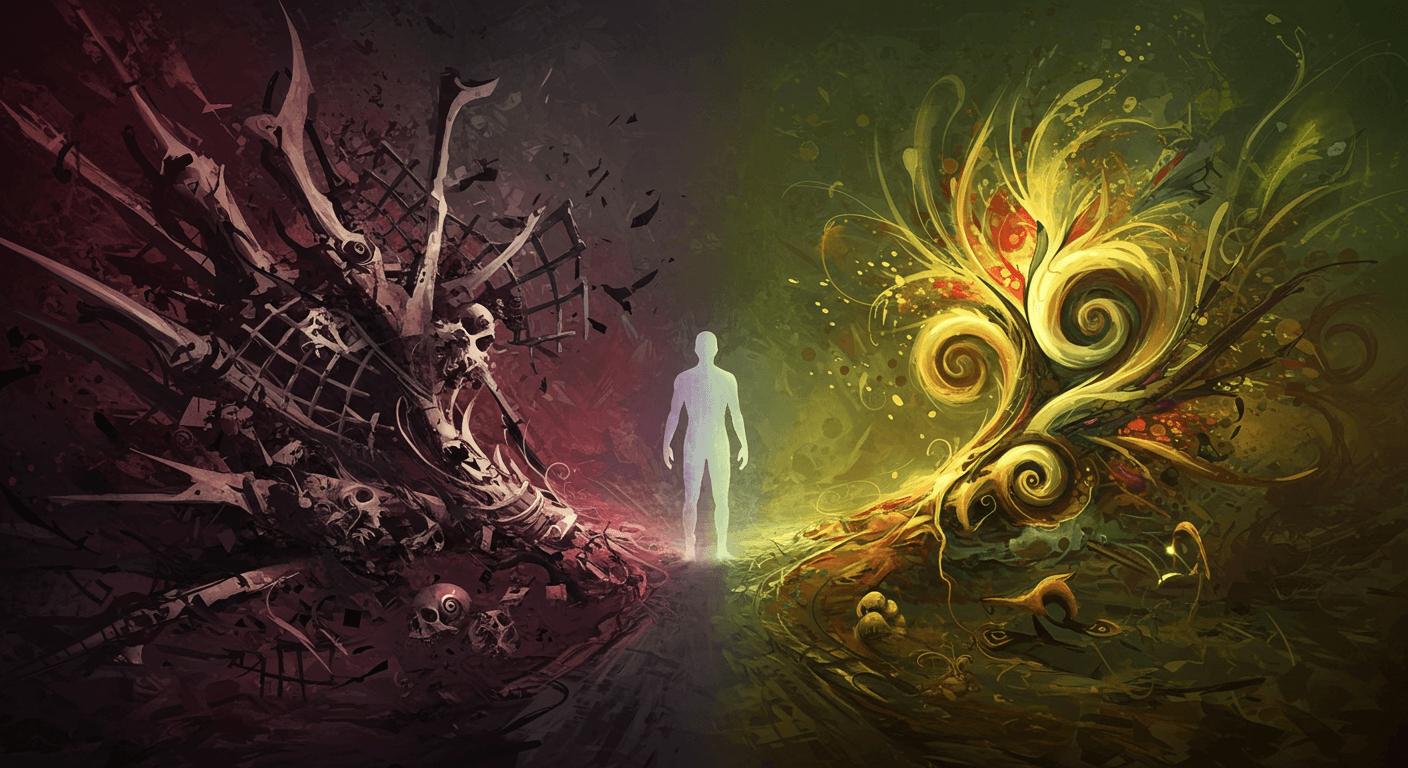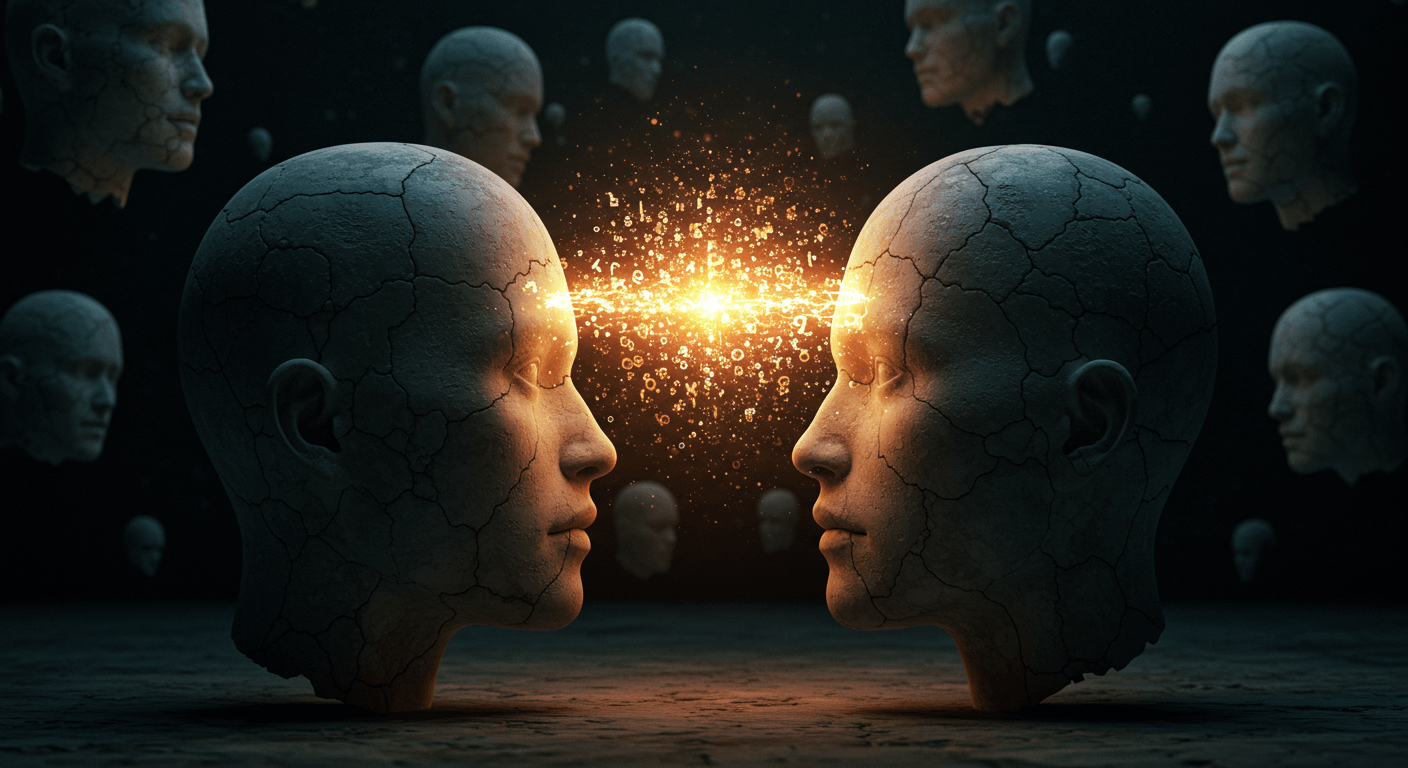Vegans Are Better
Brutally honest. Unapologetically ethical. It's not that we think we're better; it's that we are.
Why Vegan?

About 14 years ago, after watching Gary Yourofsky’s legendary speech on animal rights, I decided to go vegan. At the time, I assumed that if people around me were shown the same information, they would naturally feel compelled to change as well. I believed it was only a matter of awareness. However, instead of understanding, I often encountered defensiveness and assumptions. Assumptions that I thought I was trying to be "morally superior" or that it was simply a passing trend. In reality, it was a straightforward decision: I no longer wanted my choices to contradict the values of compassion and fairness that most people already claim to hold.
The more I learned about the industries that produce meat, dairy, and eggs, the more apparent the disconnect became. Chickens, for example, are routinely confined to crowded cages, have their beaks cut without anesthesia, and are bred to grow so rapidly they often collapse under their own weight. Pigs are kept in crates so small they cannot turn around, subjected to tail docking and other painful procedures without pain relief. Cows are separated from their calves shortly after birth, and the milk intended for their offspring is redirected for human consumption. These are standard practices, not rare exceptions.
Slaughter itself is not the peaceful, humane process often imagined. Many animals are still conscious when their throats are cut or when they are lowered into scalding tanks designed to remove hair and feathers. Much of this occurs out of public view, largely because it would be harder to justify if it were openly displayed. The issue is fairly simple: unnecessary harm is being normalized for reasons of habit, convenience, and taste. Most people oppose unnecessary cruelty when asked directly. Yet in practice, the consumption of animal products maintains a system that depends on it.
And as much as I initially bristled at the accusations that I thought I was somehow ‘better’ than everyone, I came to realize that, in a way, they were right. But not in the way they thought. It wasn’t that I thought I was ‘better’ because I had chosen veganism. It was that I was simply choosing not to participate in the cruelty that defines our treatment of animals, and that made me, in that moment, better. Not morally superior in a grand, ego-driven sense, but in the sense that I was finally aligning my actions with my values, something that many people were too afraid to confront. The truth is, if we all made that shift, if we all chose empathy over apathy, we would all be better. We’d be better humans, better stewards of the planet, and we’d be better for the animals whose suffering we’ve all too often overlooked.
The Bigger Picture

We’re taught to accept the world as it is, that this is just how things are. But the truth is, it’s all part of a system designed to keep us in place. From what we eat to how we live, the structures shaping our lives serve a powerful few while trapping the rest of us in cycles of struggle, dependence, and quiet resignation. It’s not just about food or consumer habits; it’s about propping up a machine built on exploitation and distraction.
Recognizing this can feel overwhelming at first, because the systems shaping our lives are designed to stay hidden. But once you start noticing the patterns, seeing who profits, who suffers, and how it’s all connected, it becomes clearer. Our choices, our routines, the things we consume: none of it exists in a vacuum. It’s all part of a larger structure built to keep us distracted, divided, and compliant. Recognizing that is the first step. Because once you see the system, you can start to challenge it and break the cycle.
What’s shocking is how easily we’re manipulated into thinking these systems are natural. But they’re not. They’re constructed, and they’re maintained through our inaction. The real change happens when we start recognizing the impact of our choices and stop letting the status quo dictate the way we live. Because in the end, doing better means owning our impact and stepping up to help create a world that’s fairer and more sustainable.
Health & Nutrition

When I first cut animal products out of my life, I didn’t know where to begin. There was no guidebook handed to me, no supportive circle to lean on. I didn’t have friends or family who were vegan, and the internet was a chaotic mess of conflicting advice. I was on my own trying to figure out how to navigate daily life in a way that actually aligned with my values. I couldn’t keep supporting something I knew was wrong, so I had to figure it out.
I started reading. A lot. I read about how the countries with the highest dairy consumption also have the highest rates of osteoporosis. I read about how red and processed meats are classified as carcinogens by the World Health Organization. I read about dietary cholesterol, how it only comes from animal products, and how plant-based diets are the only ones proven to reverse heart disease. And I started seeing the puzzle pieces fit together: the food pyramid we were fed in school was never about health. It was about industry. It was about money.
For a while, I went all in. I tracked nutrients, meal prepped, worked out daily, built muscle eating nothing but plants. Proved veganism wasn't limiting. These days, I’m not exactly out here trying to win any health awards. I eat what I want, when I want. I’m not here to pretend I live off green smoothies and Buddha bowls. I'm just living my life without hurting anyone.
But health isn't just about feeling good, it's about what you avoid. High blood pressure, clogged arteries, type 2 diabetes... these things aren’t inevitable. They’re not genetic curses we have to accept. They’re often lifestyle diseases, preventable and sometimes even reversible with a whole-food, plant-based diet. And yet, we act like kale is radical while bacon is tradition.
People always say, “everything in moderation,” but no one says that about smoking or asbestos. Why should we say it about food that literally fuels the leading causes of death? Why should we tolerate a system that markets milk for strong bones when it does the opposite? Why cling to habits that hurt us just because they’re familiar?
But look, veganism isn’t a diet. It's not some trendy eating plan to help you 'get fit' or 'detox.' It’s a moral philosophy. It's a commitment to stop being complicit in the needless suffering of animals for our convenience. The goal isn’t to count calories or stress over protein. It’s to recognize that animals are not here for us to exploit. Any potential health benefits are just a bonus. And let’s be real, that’s not exactly a radical stance, but the fact that it’s still controversial says a lot about how twisted our priorities are.
Psychological Struggles

Let’s talk about the real issue here: denial. It's the defense mechanism our minds use to protect us from uncomfortable truths. When our actions clash with our values, many of us try to minimize or ignore the dissonance rather than confront it. This is especially true when it comes to choices with a moral cost, like consuming animal products. People don’t always do this consciously, but they create mental barriers to shield themselves from the reality of the harm they’re supporting.
At the heart of this is the discomfort of recognizing the gap between our beliefs and our actions. Admitting that we’ve been contributing to something harmful often feels like admitting we were wrong. This triggers psychological resistance, an unwillingness to face the contradiction. Instead of embracing change, we cling to what’s familiar, protecting our self-image. The more we resist, the harder it becomes to see clearly.
Avoiding this discomfort doesn’t erase the moral conflict; it just delays the inevitable moment when we have to face the gap between our actions and our values. And over time, the mental burden of denial becomes harder to ignore.
Seeing Through the Illusion

We often think of ourselves as separate from the world around us, like we’re individual players in a vast universe. But the reality is much more interconnected than we like to admit. The universe is a web, and we are part of it, not outside it. Every action we take, no matter how small, ripples out and affects everything else. It's like tossing a pebble into a pond. The wave doesn't stop at the edge of the water; it spreads out, touching everything.
Einstein once said, “A human being is part of the whole, called by us the ‘universe,’ a part limited in time and space. He experiences himself, his thoughts and feelings, as something separated from the rest, a kind of optical delusion of his consciousness.” And he was right. The sense of separateness we experience is an illusion. We are all expressions of the same fundamental energy that flows through everything, from the stars in the sky to the soil beneath our feet.
When we realize this, it shifts the way we view our actions. We can no longer afford to live as though our choices don’t matter. The idea that we’re disconnected from the rest of life is what allows us to turn a blind eye to the consequences of our behavior. But once we understand that we are an integral part of the world, that every decision affects the web in some way, we start to act with more awareness, more responsibility.
This isn’t just spiritual or poetic. It’s scientific. Carl Sagan put it beautifully: “The cosmos is within us. We are made of star-stuff.” That isn’t a metaphor. The carbon in our cells, the calcium in our bones, the iron in our blood, all of it was born in the hearts of ancient stars that exploded billions of years ago. Without those stellar deaths, life as we know it wouldn’t even be possible.
On a biological level, we’re also inseparably linked to the ecosystems around us. Our gut microbiome, the trillions of bacteria we rely on to digest food, regulate mood, and support immunity, evolved in constant interaction with soil microbes, plants, and animals. Even our breath is part of a loop: we inhale oxygen released by trees, and exhale carbon dioxide that feeds them in return. It’s not just that we live on Earth. We live with it, in a continuous exchange.
We are not separate. We are one. This is the deep truth that connects us all: humans, animals, the planet, and the cosmos. When we embrace this interconnectedness, we begin to live with a sense of unity, understanding that our well-being is directly tied to the well-being of the world around us.
Counter Arguments

You’ve probably heard them all before. “I need meat for protein.” “Plants have feelings too.” “Humans have always eaten animals, it’s just natural.” These arguments come up constantly, and while they might sound reasonable at first, they fall apart pretty quickly under any real scrutiny.
The truth is, a lot of these are just stories we tell ourselves: comforting lies that help us avoid thinking too hard about the consequences of our choices. Most people never stop to question them because they’ve been repeated for so long they start to feel like common sense. Like background noise we’ve learned to accept without really listening. But when you finally pause to question them, you realize they were never true, just convenient.
That’s why it helps to be prepared. Having clear, thoughtful responses goes beyond winning arguments but rather refusing to let weak excuses dictate our choices. This means facing the discomfort, asking honest questions, and choosing to live with more awareness. Change doesn’t happen by nodding along and playing it safe; it happens when we choose to stand by our values.